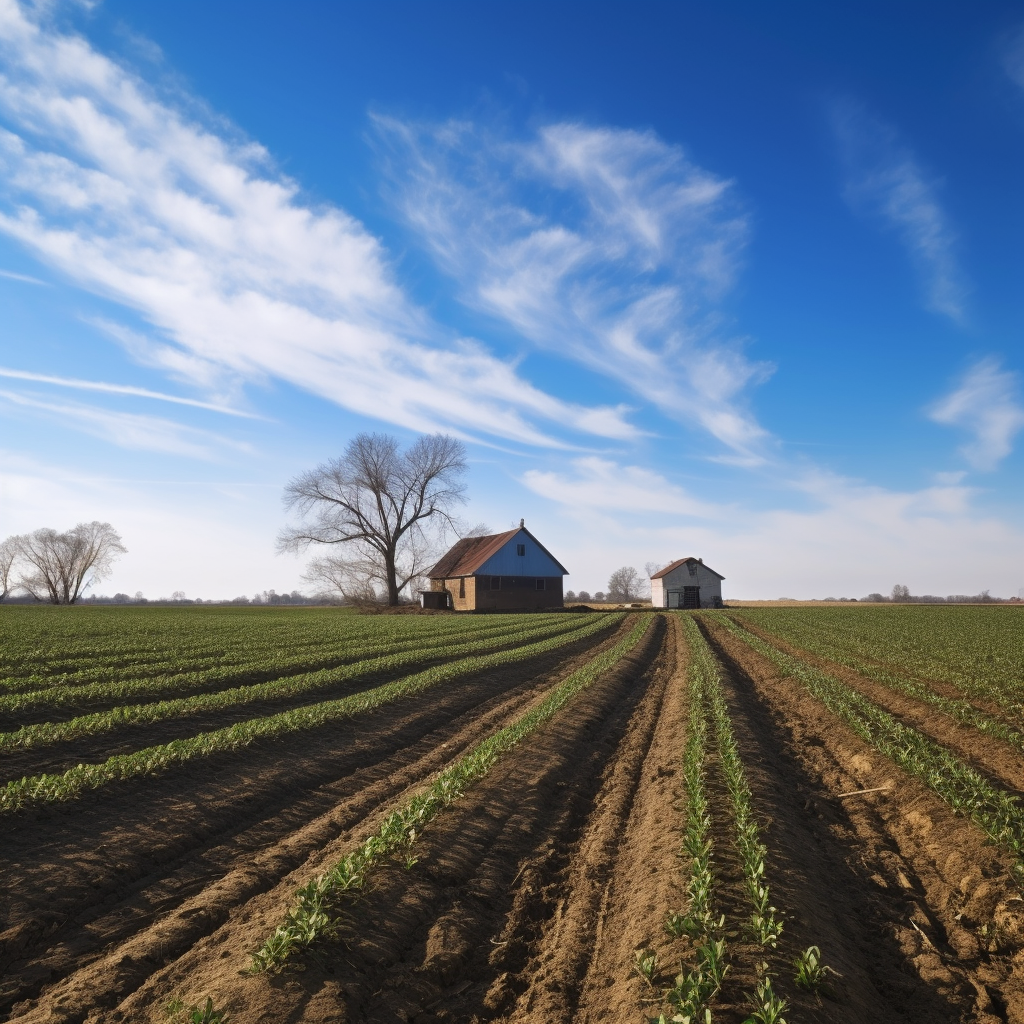April 28, 2023
Climate Change Threatens Kenyan Agriculture and Food Security
Book a Demo
Kenyan agriculture is facing significant harm due to climate change, with smallholder farmers and pastoralists being the most affected. Climate-related events such as drought, low soil fertility, unreliable rainfall, pests, and diseases have led to reduced agricultural yields, income, and productivity. Rising temperatures have also resulted in economic losses and unsafe work environments for smallholder farmers, leading to increased violence, emotional problems, and lower life satisfaction.
Despite these challenges, smallholder farmers are adapting to climate events through various strategies such as rainwater harvesting, using appropriate crop variations, and soil and water conservation. However, climate change is posing a threat to nutrition and food security in Kenya, with drought causing diverse crops to become scarce and poverty rates rising due to the lack of income from agricultural losses.
Another issue affecting nutrition and food security is the low dietary diversity of lactating mothers in rural Nigerian communities. A recent study found that only 8% of lactating mothers had a high dietary diversity score, and over half were underweight, with over 30% being stunted. The study highlights the urgent need for interventions to improve the dietary diversity and nutritional status of lactating mothers in rural Nigeria. Nutrition education and promotion of locally available nutrient-rich foods could be effective strategies to address the issue, as improving the nutritional status of lactating mothers is crucial for ensuring the healthy growth and development of their infants.
In Rwanda, the African Development Bank has approved a loan of $8.1m to support the development of the Smallholder Agriculture Transformation and Agribusiness Revitalization Project (STAR-P). The project aims to increase the income of smallholder farmers and improve their access to markets by strengthening the value chains of priority commodities such as maize, beans, Irish potatoes, vegetables, and dairy. The loan will finance the construction of agribusiness incubation centers as well as the provision of training, equipment, and infrastructure to support the production, processing, and marketing of agricultural products. The STAR-P is expected to benefit over 100,000 smallholder farmers, creating over 18,000 jobs, and aligns with the Rwandan government’s goal of transforming the country into a middle-income nation by 2035 by developing a competitive and resilient agricultural sector.
Climate change is a significant threat to agriculture and food security in Africa, with smallholder farmers and vulnerable communities being the most affected. Interventions and strategies need to be implemented to improve the dietary diversity and nutritional status of lactating mothers and increase the income and access to markets of smallholder farmers. The STAR-P project in Rwanda is an example of how investments can be made to support the development of a competitive and resilient agricultural sector.



